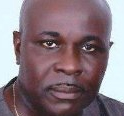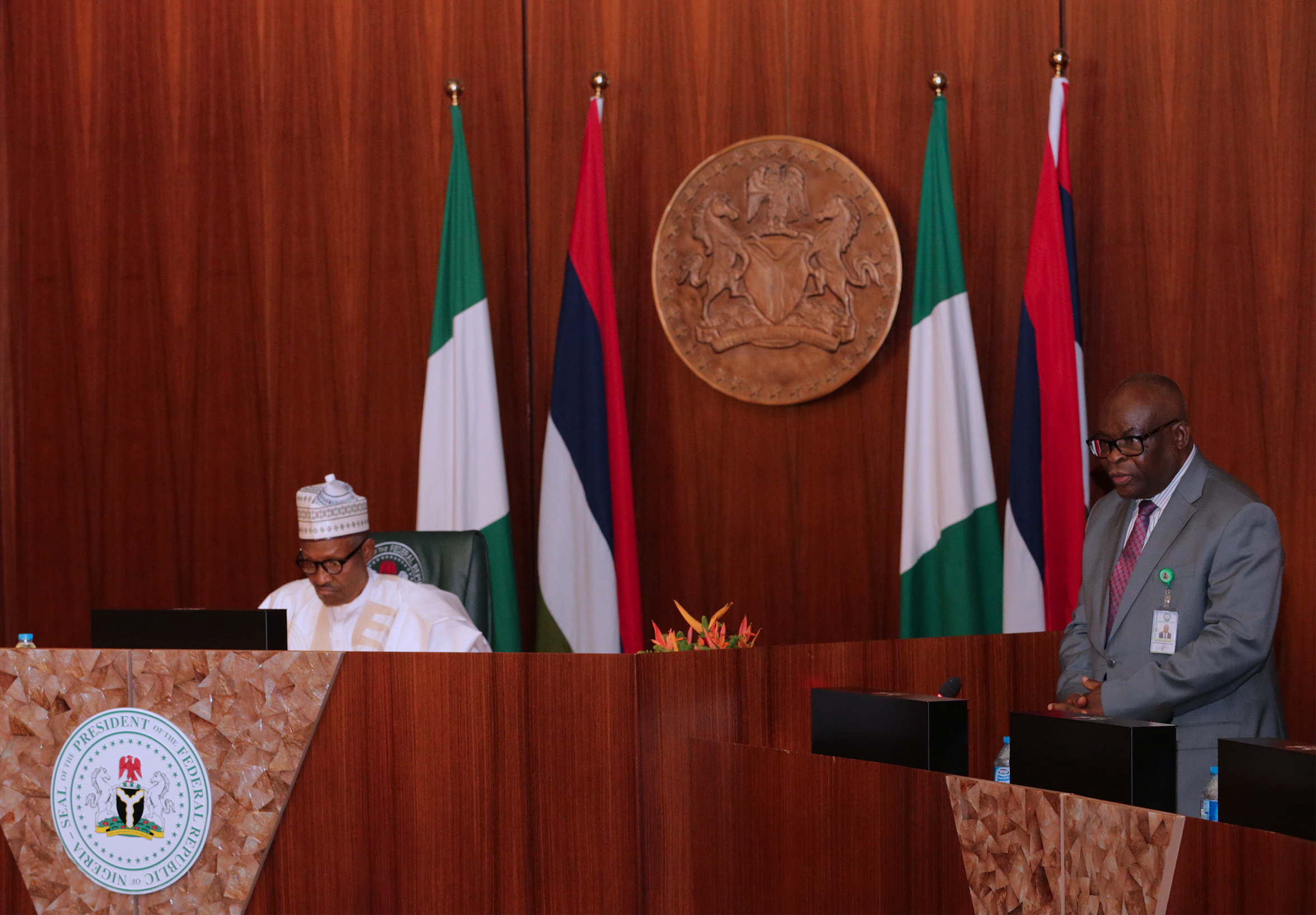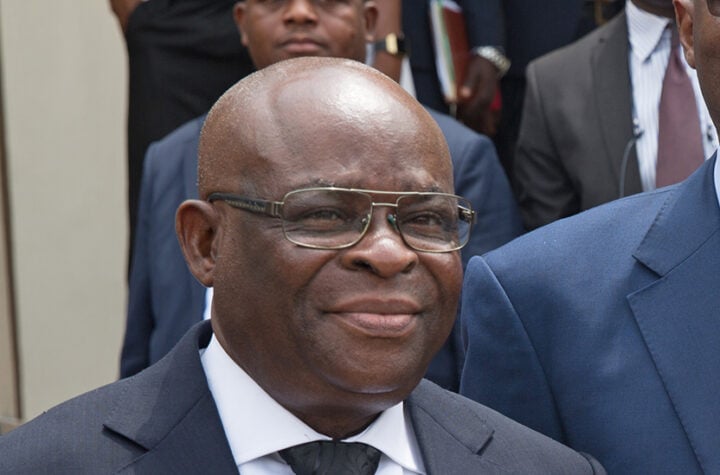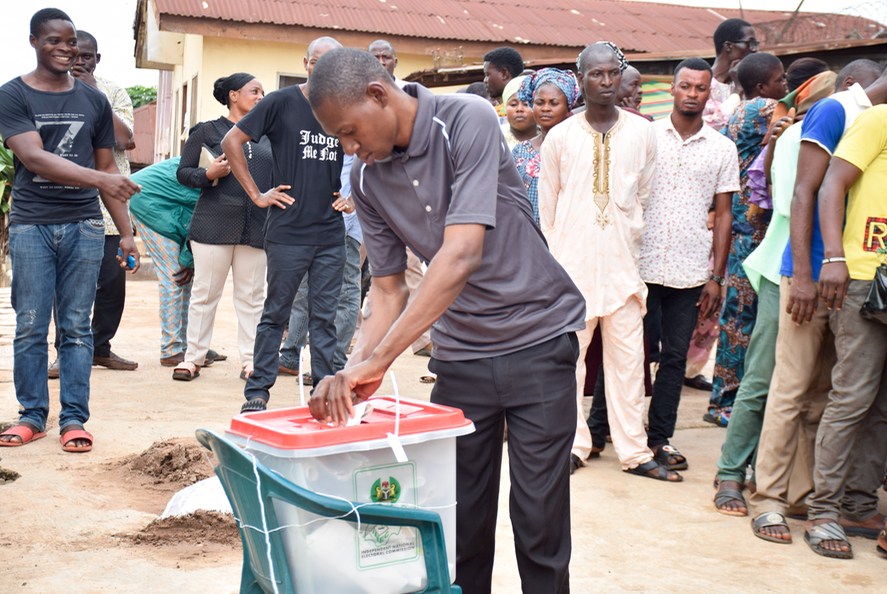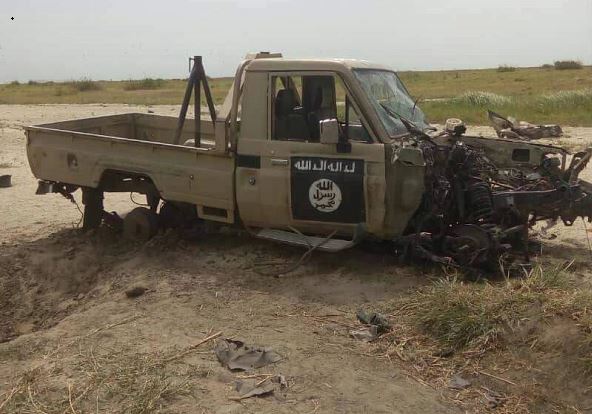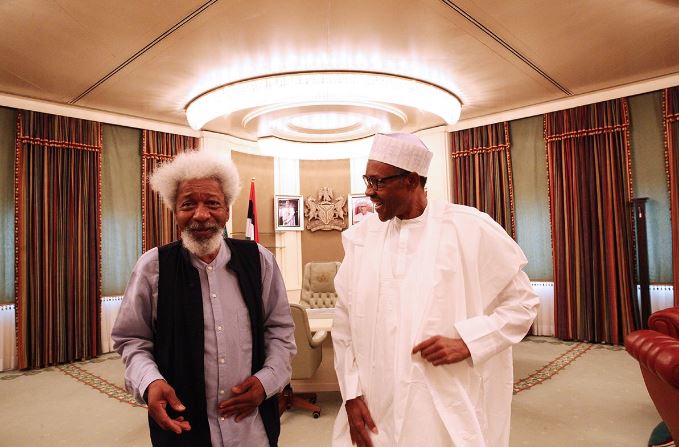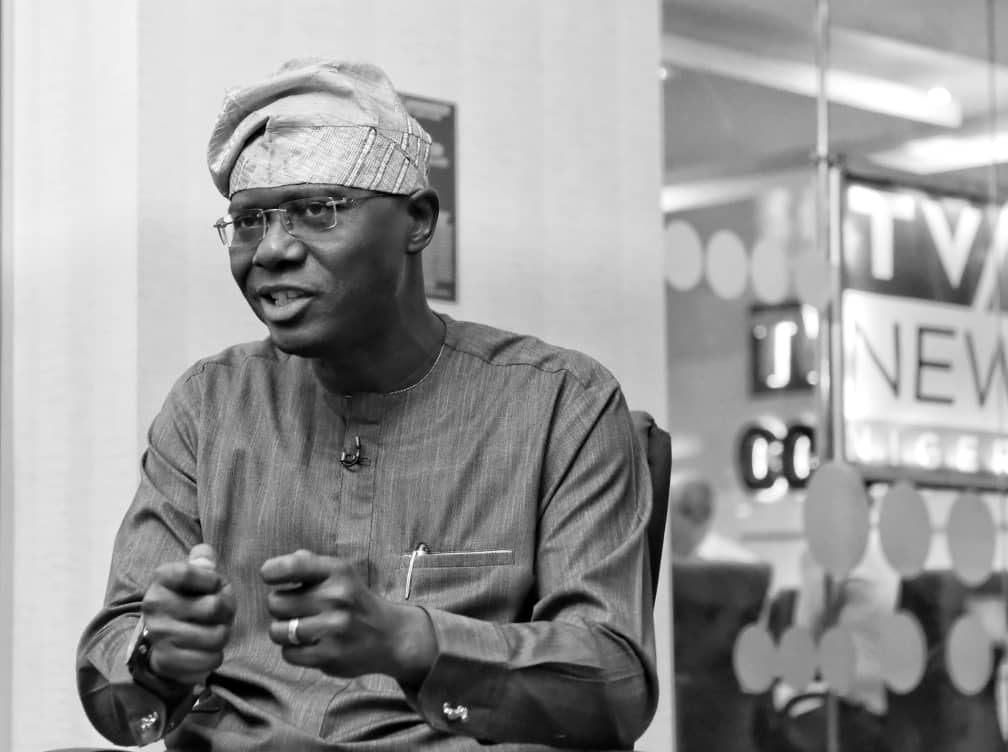PRESIDENT BUHARI RECEIVED SUPREME JUSTICE. President Muhammadu Buhari and Chief of Justice of Nigeria, CJN, Hon Justice Walter S. N. Onnoghen during a Courtesy Visit by the Justice of the Supreme Court held at the Council Chamber State House in Abuja. PHOTO; SUNDAY AGHAEZE/STATE HOUSE IN ABUJA. OCT 6TH 2017
The recent suspension of Justice Walter Onnoghen as the Chief Judge of Nigeria has raised fundamental issues that go beyond the government’s claims of fighting corruption and the opposition’s and social activists’ bedlam about the country’s possible descent into fascism. The entire saga has been befuddled by politics such that both the substantive and the procedural aspects of the matter are now matters of contention.
There have been several opinions on the issue and the Senate has approached the Supreme Court for the legality or otherwise of the suspension. Individuals like Dr Olisa Agbakoba have also raised complaints against Justice Mohammed Tanko for presenting himself to be sworn in as Acting Chief Judge of Nigeria.
My aim is not to dabble into the Onnoghen controversy but rather to use it as a context for a number of observations around the notion of democracy:
One, a crucial question is whether Nigeria’s democracy is in grave danger of breakdown, owing to the emergence of Buhari as the country’s President? For those too young to know, Buhari’s First Coming as military Head of State (from December 31 1983 to August 27 1985), was, with the exception of Abacha’s regime, the most brutal dictatorship the country ever experienced. So Buhari’s past, and the lingering suspicion about his democratic credentials, makes it difficult to give him any benefit of the doubt in such analysis – however noble his intentions may be.
Advertisement
Two, in most of the ‘mature democracies’ of the world, concerns are widely expressed that their democracy is either in ‘recession’, in ‘retreat’ or in ‘grave danger’. For instance in an Op-ed for The New York Times in April 2018, former US secretary of state Madeleine Albright argued that the threat of fascism in USA under Donald Trump was more potent in the country than at any other time since the end of the World War II. She contended that there was a need to stop Trump before it became too late. Others on the Left of American politics argue that the USA under Donald Trump is turning the country into the kind of authoritarian state that America was actually founded to overthrow. While not everyone agrees that democracy is under threat in mature democracies, what is incontrovertible is that many mature democracies are electing into offices people who are not really democrats and who do not have democratic temperament. This is true from US which saw the surprising election of Donald Trump as President to Brazil, which elected the once fringe, far-right Jair Bolsanaro as its President. Not only are far-right leaders being elected in several of these countries, there is also the mainstreaming of right-wing political philosophy. Despite this, most analysts believe that in these countries democracy can only be in recession but will rebound because their institutions, experience and affluence are bulwarks against the complete breakdown of liberal democracy.
Three, in Nigeria, I prefer to use the term ‘democratic space’ rather than ‘democracy’ (which often sounds as a commodity which you either have or don’t have) to describe our democratic experience and challenges. The democratic space is elastic – it can expand or contract. I believe that while Buhari’s government represents a shrinking of our democratic space when compared to the Yaradua and Jonathan governments, it is not clear if it fares worse than Obasanjo’s, his fellow retired general – and our democratic space expanded after his government. So can our democracy breakdown under Buhari? I will argue that it is unlikely. If the government succeeds in muzzling both the National Assembly and the Judiciary (as it seems bent on doing), we will become at worst an illiberal democracy, in which our democratic institutions will still exist in name while the substance is emasculated. But even this will only be temporary. I cannot see an immediate return to the sort of authoritarianism we witnessed under the military. Across the continent, the phenomenon of military coups has become passé, with the African Union, the ECOWAS and the world largely taking a zero-tolerance against any forceful usurpation of civil government (yes, there is the Zimbabwean military non-coup!). The real threat to African democracy is ‘constitutional coup’ – amending the constitution to elongate a regime’s tenure – remains but is being aggressively challenged across the continent. In Nigeria, Obasanjo’s third term bid failed – just as the kite Goodluck Jonathan flew about single term tenure of six years did. I cannot see another Nigerian president succeeding with any attempt at tenure elongation under any guise.
Four, if there are concerns about the retreat of democracy in many Western countries, why do our politicians repeatedly petition these countries to come and save our own democracy when they have their own challenges? This is one of the paradoxes of the African State: the state is simultaneously too strong and too weak. It is too strong in its authoritarian dispositions and, in the absence of institutions to protect the citizens, citizens unconsciously see these Western countries as sort of godfathers that can come to their aid. But the state is also too weak because its institutions are too fragile and its capacity to meet the basic demands of the citizens for good governance and development too limited, forcing it to resort to authoritarian tactics. We also see this paradox in the tendency of the government to shop for external endorsements from Western powers and their institutions and to resort to calling them names (or even daring them) when they criticise them. Again this paradox plays out when certain politicians and activists petition the USA, the UK, the European Union or the United Nations against their government. On the one hand such individuals display the duality of being simultaneously strong and weak – they have the courage to report their governments to the Western powers – but are too weak to mobilize internally against such a government.
Advertisement
Five, I was rather amused that the Nigerian government adopted the typical African government’s response whenever Western powers criticise their policies: to remind such powers that they are a sovereign nation and that they cannot brook external interference in their domestic affairs (never mind that the same government would desperately seek for the endorsement of these countries and their institutions, including opportunities for state visits and photo-ops with their leaders). The truth is that since the 1990s, there has been a normative shift away from the traditional understanding of state sovereignty to an acceptance of sovereignty as responsibility. This is the underlying premise of the Responsibility to Protect (R2P) doctrine, a commitment which was endorsed by all the member states of the United Nations in 2005 to prevent genocide, war crimes, ethnic cleansing and crimes against humanity by States. Part of the arguments of R2P, which was based on the report of the International Commission on Intervention and State Sovereignty, is that in a globalized world, where what affects one country often has repercussion on several others, the doctrine of ‘non-interference’ should have the doctrines of ‘non-indifference’ and R2P as its checks. In this respect, the Responsibility to Protect and the doctrine of non-indifference are to be seen in the same light as the doctrine of humanitarian intervention. The government therefore misses the point when it grandstands that it cannot brook interference in its internal affairs because it is a sovereign nation.
Six, what lessons can we learn from the Onnoghen controversy about the separation of power principles? The doctrine of separation of powers agues for a constitutional government with three separate branches, each of which would have defined abilities to check the powers of the others such that no one branch of government has more power than others as to overthrow them. This is why thy there are legitimate concerns when the Buhari government is able to move against both the leadership of the legislature and the leadership of the judiciary – irrespective of any altruism that animated such move- because such ability to move against the other arms imperils the separation of power and checks and balances principles. If the Executive is able to move against the two arms of government, who can then control and checkmate the executive?
Seven, what is the possible way out of the Onnoghen controversy? Nigeria is a master of sitting on the precipice, so, this too is likely to pass. I however believe that given Buhari’s antecedents, it is important that his move against Justice Onnoghen (as he has tried severally against the leadership of the Senate) should not be allowed to stand. I also believe that irrespective of the outcome of the several lawsuits challenging Buhari’s action, Justice Onnoghen should resign after clearing his name (if he can) because he has become politicized, and like in the Salami case, has become appropriated by the opposition. Similarly I also believe that Justice Mohamed Tanko should resign because he has a legitimacy crisis over his appointment and will largely be seen as Buhari’s Chief Judge rather than Chief Judge of the Federation.
Advertisement
Views expressed by contributors are strictly personal and not of TheCable.
